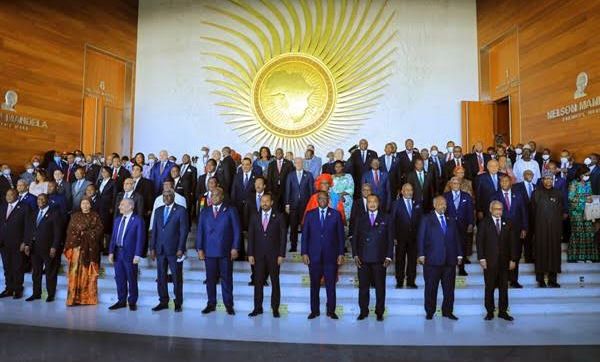
According to Akinwumi Adesina, president of the African Development Bank (AfDB), climate change costs Africa between $7 billion and $15 billion per year.
The bank’s president, Akinwumi Adesina, stated this in a BBC interview. This is despite the fact that he only contributes 3% of world emissions.
Mr Adesina added that Africa was in the vanguard of climate change’s effects, which have decimated agriculture and economies. “In response, the AfDBank has launched ambitious programs to strengthen resilience and adapt to shifting climates. The African Development Bank has committed to double its climate finance to $25 billion by 2030, with an emphasis on the African Adaptation Acceleration Programme.
“This plan aims to deploy $25 billion for climate adaptation, making it the world’s largest. Furthermore, the AfDB has established a climate action window with an initial investment of $429 million, which is planned to increase to $13 billion, he stated.
Mr Adesina stated that this window provides vulnerable countries with crop insurance, land restoration, and climate information services. He stated that innovative funding channels were critical to supporting these climate adaptation activities.
Mr Adesina stated that the bank had begun employing partial loan guarantees, allowing nations such as Benin, Senegal, and Cote d’Ivoire to acquire significant capital at cheaper interest rates. “Benin, for example, raised $400 million from Chinese investors with a partial credit guarantee of $195 million.” The AfDB also sponsored Egypt’s Panda Bond issuance, which enabled the country to secure $500 million from Chinese markets.
“These financial innovations reduce borrowing costs for African countries while also encouraging long-term investments in climate resilience.” Despite the problems faced by climate change, Africa is at the forefront of inventive solutions and sustainable development, he said. As a result, the AfDB’s CEO stated that the global financial architecture was not serving Africa’s interests properly and needed to reform.
Regarding Special Drawing Rights (SDRs), he stated that the bank was leading the charge for Africa to accept and properly utilize those SDRs. (NAN)
Leave a Reply